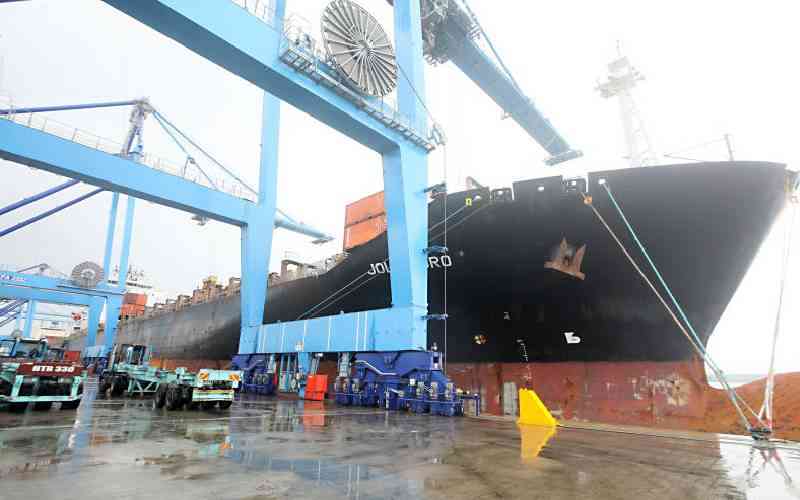×
The Standard e-Paper
Stay Informed, Even Offline

Ships in countries in the Eastern, Southern and Northern Africa (ESNA) region will soon be registered under one standardised platform if a new policy that seeks the creation of that platform is adopted.
A common registration platform will mean ships will pay similar registration fees, adhere to a similar inspection routine and face similar strident regulations.